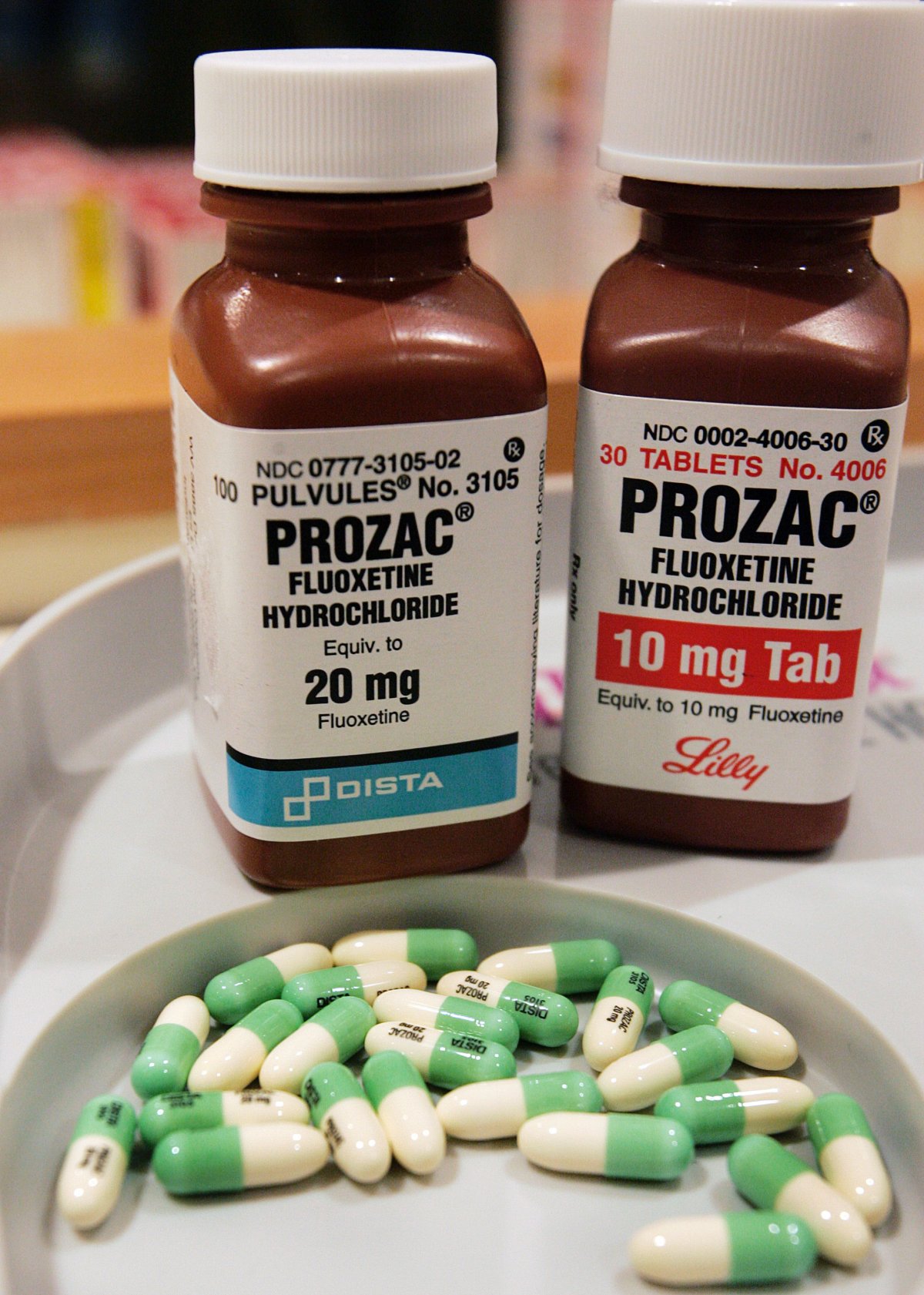-
Teen Boys’ Use of Antidepressants Drops - March 1, 2024
-
A portion of Mulholland Drive, damaged by mudslides in winter storms, reopens - May 26, 2024
-
‘Maybe You Don’t Want to Win’ - May 26, 2024
-
Donald Trump Putting Law Enforcement in Danger: Attorney - May 26, 2024
-
Avoid the waters of these 5 L.A. County beaches this holiday weekend, public health officials say - May 26, 2024
-
Bawdy Comedy ‘Anora’ Wins Palme d’Or at Cannes Film Festival - May 26, 2024
-
Map Shows Heat Wave Zone Spread Into Five New States - May 26, 2024
-
Azusa police arrest suspected slingshot-wielding vandal - May 25, 2024
-
Donald Trump Hammers Judge Ahead of Jury Instructions - May 25, 2024
-
Sometimes U.S. and U.K. Politics Seem in Lock Step. Not This Year. - May 25, 2024
Teen Boys’ Use of Antidepressants Drops
Teen use of antidepressants soared during the pandemic—that is, when looking at the initial numbers.
The monthly antidepressant prescription rate for youth skyrocketed by 66.3 percent from 2016 to 2022, and between 2020 and 2022, doctors prescribed 63.5 percent more compared to between 2016 and 2019.
However, there’s more to the story. While girls saw a jarring increase in antidepressant prescriptions, boys’ rates decreased.

Stephen Chernin/Getty Images
Teen male use of antidepressants came down between 2020 and 2022 compared to 2016 and 2019, and there was no significant change for young adult men aged 18 to 25.
The girls’ data showed a different picture. Altogether, antidepressant prescriptions for teen girls grew a whopping 129.6 percent between 2020 and 2022 compared to 2016 and 2019. Young adult women also saw a dramatic 56.6 percent increase.
But what’s to blame for the jarringly different mental health realities for teen boys and girls?
According to some experts, it may not be that teen boys are experiencing depression less than teen girls. Instead, they may face social stigma in reporting it.
“Boys may feel pressure to conform to more traditional masculine norms of not expressing your feelings outwardly, to ‘be a man’ and ‘toughen up,’ which can discourage boys from seeking emotional or mental support,” Camille Tenerife, a marriage and family therapist for Diversified Therapy in Los Angeles, told Newsweek. “Girls on the other hand, are more encouraged to express emotions, sometimes labeled as emotional, which helps in communicating how they feel.”
Tenerife said boys and girls often have different ways of expressing distress too. When boys’ feelings of anxiety or depression come out as aggression, many adults may miss the signs of them needing emotional help.
Boys have long been isolated to be alone with their emotions, and so when the pandemic hit, it likely was not as uncomfortable for them to deal with, according to Karen Cunningham, a marriage and family therapist based in Alaska.
“Little boys learn very early in life how to ‘be a man,'” Cunningham told Newsweek. “In fact, by age 4, most boys have internalized that men don’t cry, rub some dirt in it, be strong, be tough, and in general to discount anything deemed feminine or soft.”
Women on the other hand have to embrace ‘being a woman’ usually by age 12 and are not usually penalized for being expressive with their emotions, she added.
“Nobody knows you’re depressed if you don’t tell anyone,” Cunningham said. “Think about young men sitting alone in their rooms, feeling a certain way and also feel shame for feeling that way, knowing they shouldn’t feel that way.”
Telling a trusted adult, like their parents and teachers, about any feelings of depression may feel just too far out of reach.
“They aren’t necessarily going to reach out to parents,” Cunningham said. “They likely don’t know that life doesn’t have to hurt so much, and there is deep shame in feeling vulnerable and sad.”
Overall, psychologists say the younger generation, especially women, is becoming less likely to feel socially stigmatized for talking about mental health issues and therefore are seeking out therapy and psychiatry at higher rates.
For those who waited in long lines for virtual psychotherapy during the pandemic, a prescription for an antidepressant may have been an easier solution, contributing to the overall uptick.
Even before the coronavirus, mental health issues among teenagers were becoming more widely reported. But the social isolation and uncertainty that gripped younger generations and pulled them away from friends made a significant hit, and many haven’t recovered since.
Virtual learning may also have impacted girls in a more substantial way than boys, said psychotherapist Nicholas Hardy, who also runs the Untherapeutic podcast.
“The pandemic drastically altered traditional learning,” Hardy told Newsweek. “The once reliable structure of in-class learning became more fluid and less predictable. Because girls, on average, perform better than boys in this type of learning environment, I believe they experienced more of an adverse effect when forced online.”
Uncommon Knowledge
Newsweek is committed to challenging conventional wisdom and finding connections in the search for common ground.
Newsweek is committed to challenging conventional wisdom and finding connections in the search for common ground.
Source link































